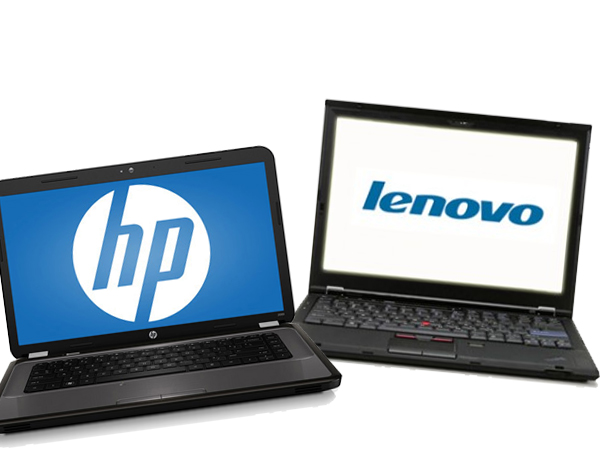 NEWS
NEWS
 NEWS
NEWS
 NEWS
NEWS
![]() The announcement that Dell is planning to revert to its status as a private company has drawn contrasting reactions from two of the firm’s main rivals. On the one hand, we have the world’s top PC maker HP claiming that Dell faces a very “tough road ahead,” while on the other we have Lenovo, which was far less provocative, stating that the move won’t affect its own strategy.
The announcement that Dell is planning to revert to its status as a private company has drawn contrasting reactions from two of the firm’s main rivals. On the one hand, we have the world’s top PC maker HP claiming that Dell faces a very “tough road ahead,” while on the other we have Lenovo, which was far less provocative, stating that the move won’t affect its own strategy.
Interestingly, neither HP nor Lenovo made any mention of Microsoft’s involvement in the Dell buyout. The world’s biggest software maker was one of the key players in negotiations, plunging $2 billion into the deal in the form of a loan, although it hasn’t said what Dell has agreed to in return. Most likely, the loan will come with some kind of tacit agreement that Dell will continue to power the majority of its products with Windows 8, meaning that we can probably bet against seeing a Dell Chromebook anytime soon.
Here’s the statement Microsoft made yesterday:
“Microsoft has provided a $2 billion loan to the group that has proposed to take Dell private. Microsoft is committed to the long term success of the entire PC ecosystem and invests heavily in a variety of ways to build that ecosystem for the future.
“We’re in an industry that is constantly evolving. As always, we will continue to look for opportunities to support partners who are committed to innovating and driving business for their devices and services built on the Microsoft platform.”
HP seized on the opportunity to launch an attack on its rival within minutes of the announcement, saying that Dell faces a long period of transition and uncertainty, and that its customers would likely suffer as a result. It also called into question Dell’s future ability to carry out acquisitions, saying that opportunities to do so would now be “extremely limited.”
Lenovo took an altogether different stance on the matter, basically saying that it couldn’t care less about what Dell was up to.
“The financial actions of some of our traditional competitors will not substantially change our outlook,” said the Chinese company in a statement.
“Our strategy is clear, our financial position is healthy and our business is very strong — so we are focused on our products, customers and overall execution rather than distracting financial maneuvers and major strategic shifts. Lenovo has the best products, a clear strategy and outstanding momentum. We always face tough competition, and we are well prepared to continue to win in the PC+ era by focusing on our own efforts, core strengths and great execution.”
What’s clear is that the opposing statements seem to reflect the state of health of Dell’s two biggest rivals in the PC market. HP, despite being the world’s number one PC maker, has suffered terribly in the post-PC era, with sales falling at an alarming rate as it struggles to redefine its strategy. Hence the company is on the defensive, and desperate to exploit any perceived weakness in one of its rivals.
In contrast, Lenovo’s two-pronged “protect and attack” strategy has been enormously successful, helping the company to record extremely healthy growth in its PC business, and more importantly, steal customers from its rivals. Since buying up IBM’s PC business, the Chinese firm has risen to become the world’s second-largest PC maker (briefly even taking the top spot, according to some sources), and most analysts agree that it is likely to overtake HP sometime this year.
Support our mission to keep content open and free by engaging with theCUBE community. Join theCUBE’s Alumni Trust Network, where technology leaders connect, share intelligence and create opportunities.
Founded by tech visionaries John Furrier and Dave Vellante, SiliconANGLE Media has built a dynamic ecosystem of industry-leading digital media brands that reach 15+ million elite tech professionals. Our new proprietary theCUBE AI Video Cloud is breaking ground in audience interaction, leveraging theCUBEai.com neural network to help technology companies make data-driven decisions and stay at the forefront of industry conversations.